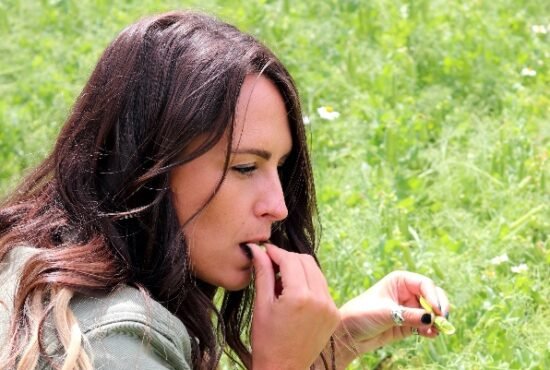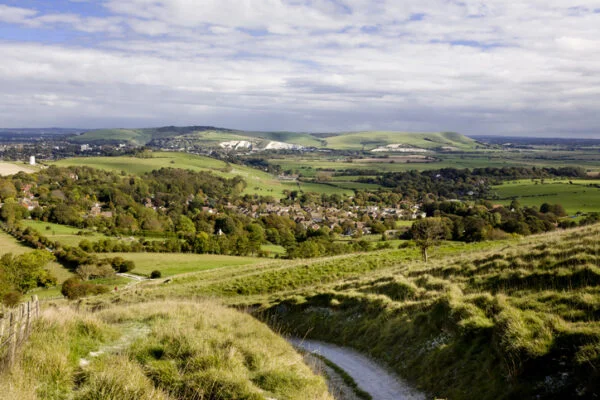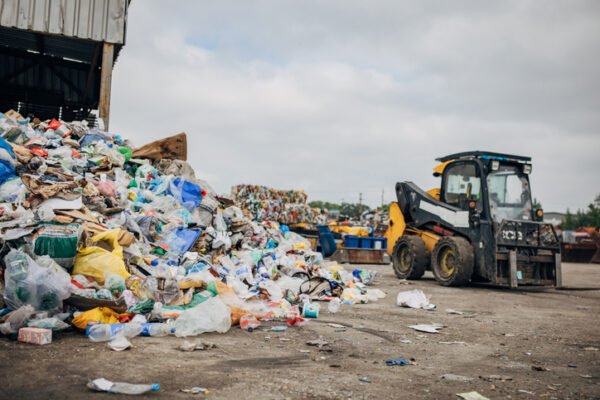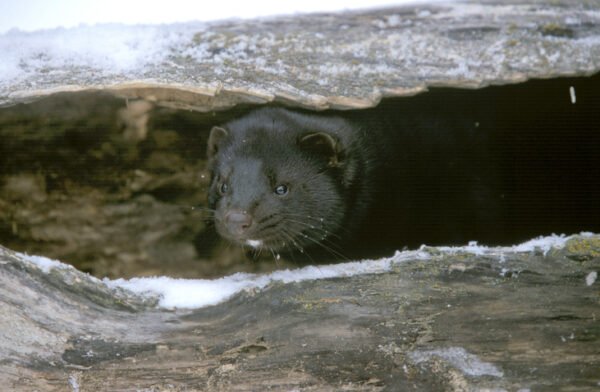<span class="larger".The Royal Botanic Gardens, Kew has released the first annual report on the State of the World’s Plants, ahead of the international science and policy symposium on the topic.
First global assessment
The report, which involved more than 80 scientists and took a year to produce, is a baseline assessment of current knowledge on the diversity of plants on Earth, the global threats these plants currently face and the policies in place – including their effectiveness in dealing with threats.
‘This is the first ever global assessment on the state of the world’s plants. We already have a ‘State of the World’s… birds, sea-turtles, forests, cities, mothers, fathers, children even antibiotics’ but not plants. I find this remarkable given the importance of plants to all of our lives – from food, medicines, clothing, building materials and biofuels, to climate regulation. This report therefore provides the first step in filling this critical knowledge gap.’
PROFESSOR KATHY WILLIS
Director of Science at the Royal Botanic Gardens, Kew
The status of plants outlined in the report is based on the most up-to-date knowledge from around the world as of 2016. It is divided into three sections: describing the world’s plants, global threats to plants and policies and international trade.
Naming and counting
The first section focuses on the diversity of plants on Earth, noting that there are now an estimated 391,000 vascular plants known to science – 369,000 of which are flowering plants. Around 2,000 new vascular plant species are described annually.
Some of the most exciting were found during fieldwork while many others were detected only after they have already been preserved and filed as herbarium specimens. A few have been discovered in the glasshouses at Kew.
One of the largest carnivorous plants known (1.5m in height), a new insect-eating plant of the sundew genus called Drosera magnifica, was even first discovered on Facebook.
18 new species of the genus Ipomoea, in the morning glory family, were described from Bolivia last year – among them a close relative of the sweet potato, Ipomoea batatas, offering exciting options for the future of this crop.
‘There are still large parts of the world where very little is known about plants. Identification of these important plant areas is now critical. Similarly, we still only know a fraction of the genetic diversity of plants and whole-genome sequences are currently available for just 139 species of vascular plants. Activity in this area needs to speed up.’
STEVE BACHMAN
Strategic output leader, State of the World´s Plants report, RBG Kew
Useful plants
In terms of the uses of plants, the report collates data from multiple data sources to reveal that at least 31,000 plant species have a documented use – such as for medicines, food and materials. The majority (17,810 plants) of those now documented have a medicinal use.
Aside from the plants that are currently in use, the report looks at where collection efforts should focus to include plants that will be useful in the future.
One set of plant species of critical importance to global food security are the wild relatives of crops, a pool of genetic variation that can help to drive the improvement of our crops into the future.
A recent inventory has revealed that there are currently 3,546 prioritised global plant taxa identified as ‘crop wild relatives’. Kew’s Millennium Seed Bank (MSB) includes 688 crop wild relatives among its over 78,000 accessions, but there are still substantial gaps.
Research in this sector has found that the traits that have been bred into crops over years of domestication are not necessarily the same ones that will provide the greatest climate resilience.
Given that many of the wild populations of these species are under considerable threat due to land-use and climate change, there is an urgent need to conserve those species not adequately represented in current collections. More seed banking will help preserve a wider range of alternatives to the crops on which the world over relies today.
Climate change
The report also explores current knowledge around the impact of climate change on plants. It finds that while there is a good understanding for some regions of the world, there are still large areas for which little or no research exists.
In those areas where good information is available, clear impacts are visible – including changes in flowering times, turnover in plant communities and movement of species with changing climates.
Research referenced in the report shows that all but one of the world’s biomes have experienced more than 10% change in land-cover type in the past decade due to the combined impacts of land-use and climate change.
 Play Video about This Rock Might Just Save The World
Play Video about This Rock Might Just Save The World Play Video about Play 2 hours of rock
Play Video about Play 2 hours of rock Play Video about Play 2 hours of brook
Play Video about Play 2 hours of brook Play Video about Play 2 hours of sheep
Play Video about Play 2 hours of sheep











































